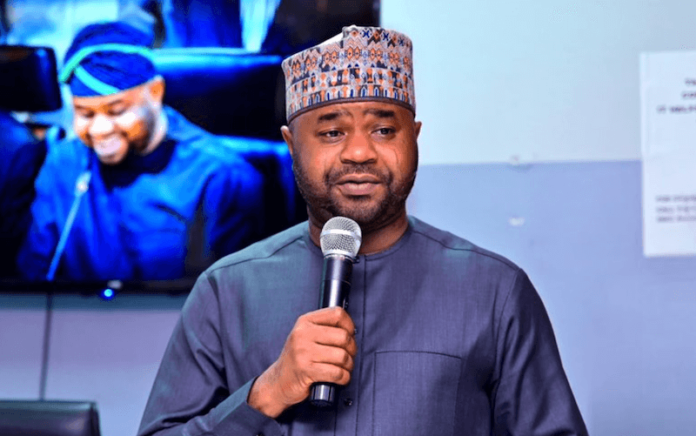Adedeji lashed out at the current allocation system, which disproportionately favors a select few states like Lagos, Rivers, and Oyo, while speaking at a House of Representatives hearing on proposed tax reform legislation.
According to Adedeji, Lagos alone obtains 42% of VAT revenues, with Rivers receiving 16% and Oyo receiving 5.2%. The remaining 35 states and the Federal Capital Territory (FCT) receive far smaller shares.
Since most Nigerians who use the goods and services that generate VAT money are dispersed around the nation, he contended that this is unfair.
Using MTN as an example, Adedeji said that despite the telecom behemoth’s statewide operations, Lagos gains the most from its VAT contributions because of the location of its headquarters.
He assured lawmakers that the proposed tax reforms aim to address these inequities by redistributing VAT based on actual consumption, ensuring fairer allocations for all states.
The proposed reforms have sparked diverse reactions among lawmakers. Babajimi Benson (APC, Lagos) and Adamu Yusuf Gagdi (APC, Plateau) raised concerns about the potential impact on their states. Benson questioned whether simulations had been conducted for states with lower VAT collections, while Gagdi expressed worries about how displaced citizens in conflict-affected northern states would benefit under a consumption-based model.
In response, Taiwo Oyedele, Chairman of the Presidential Committee on Fiscal Policy and Tax Reforms, reassured stakeholders that the reforms are designed to benefit all states equitably.
He criticised the current “headquarters effect,” which skews VAT allocations, and clarified that no state would receive less revenue under the proposed system than they currently do.
The debate extends beyond redistribution to include a proposed VAT rate increase.
The reform plan suggests raising VAT incrementally from 7.5% to 15% by 2030, aligning Nigeria’s rates with other African nations.
However, Oyedele cautioned against states independently collecting VAT, warning it could create economic chaos and reduce overall revenues
The House of Representatives has not yet adopted a stance on the measures, Speaker Abbas Tajudeen emphasized.
The goal of the interactive session was to promote understanding and agreement on the suggested reforms, which include a simplified tax administration structure and a derivation-based VAT sharing model.

